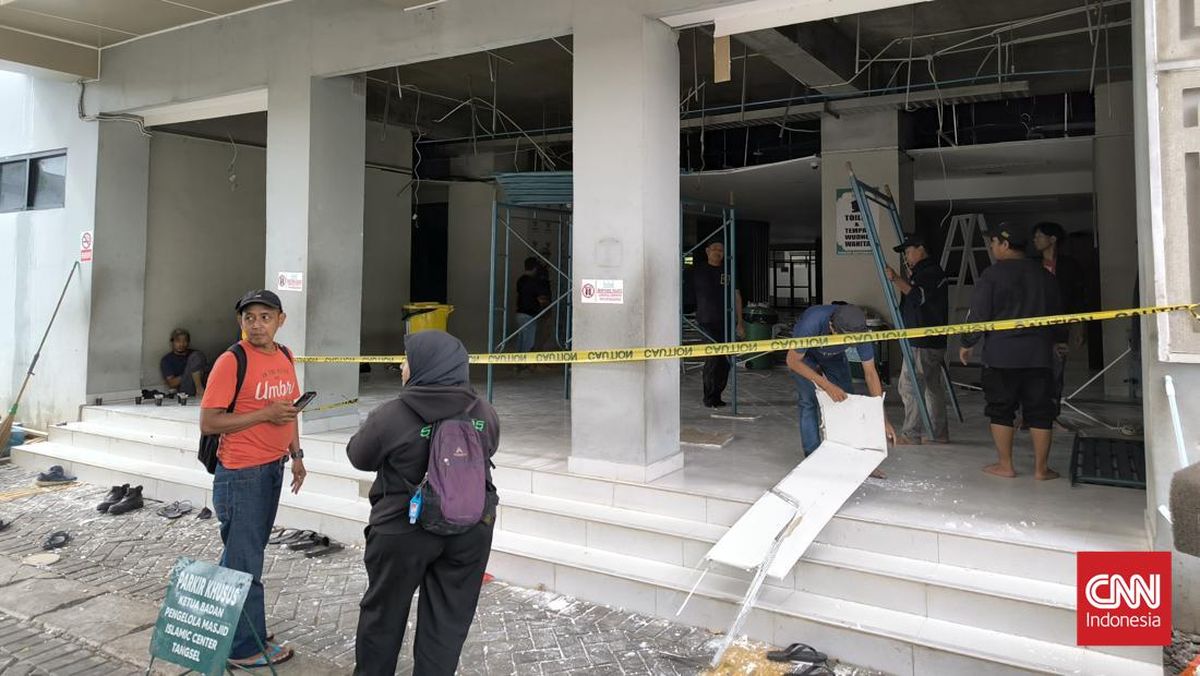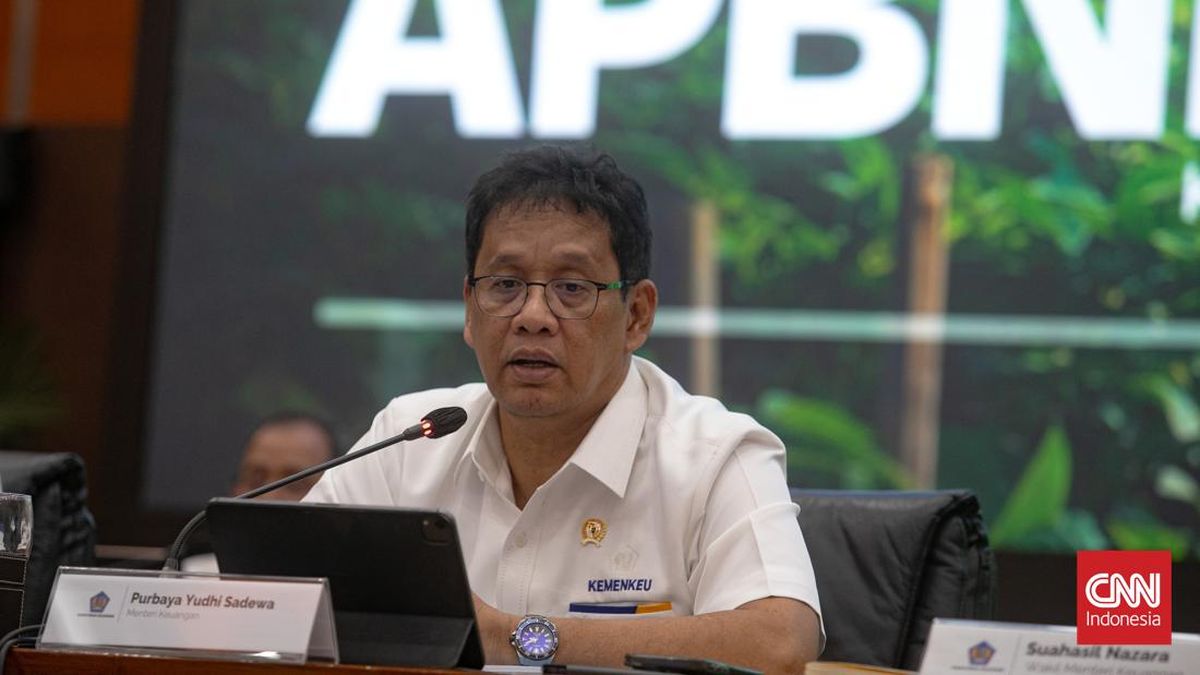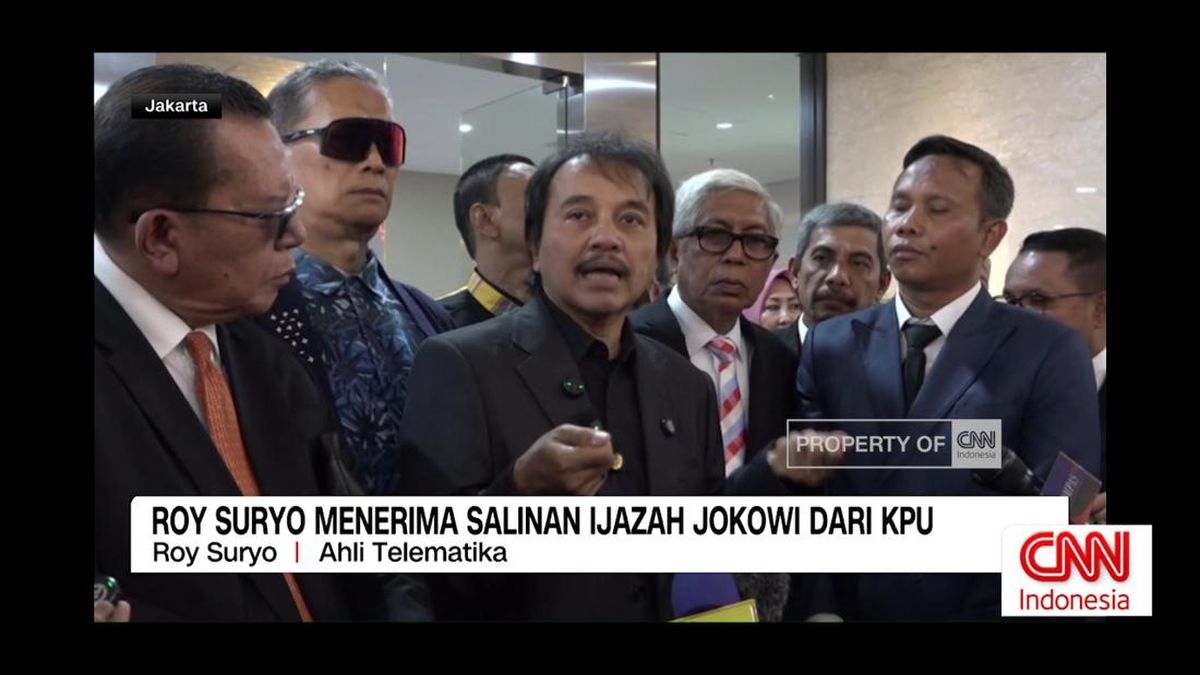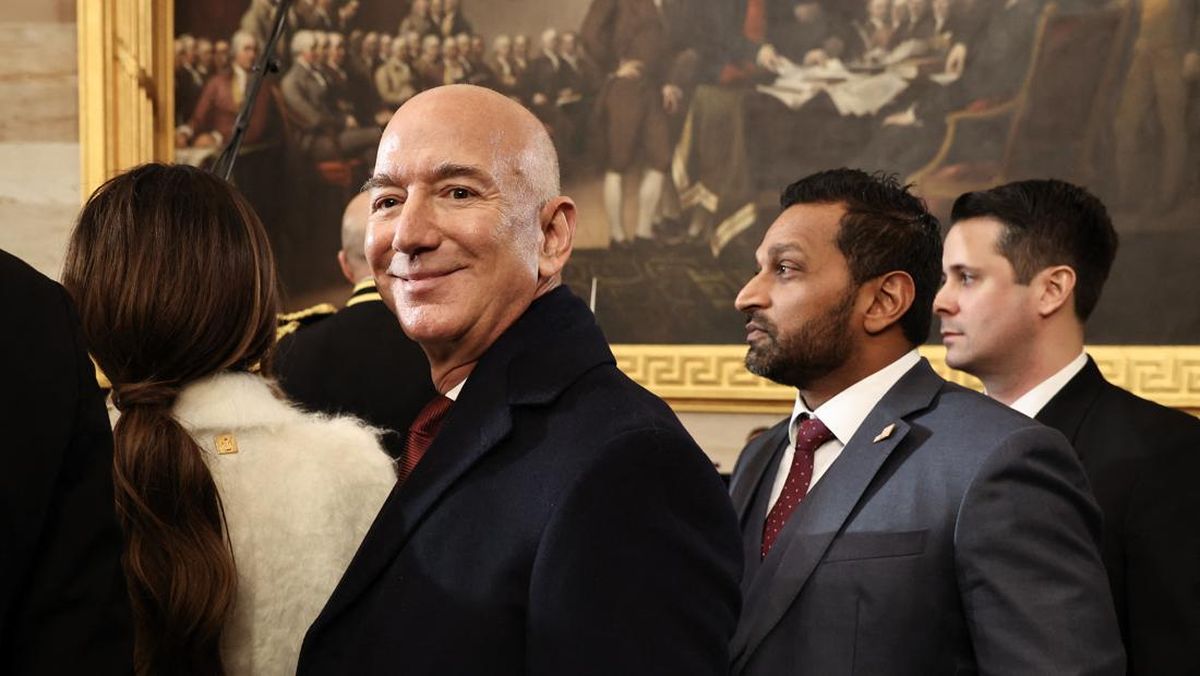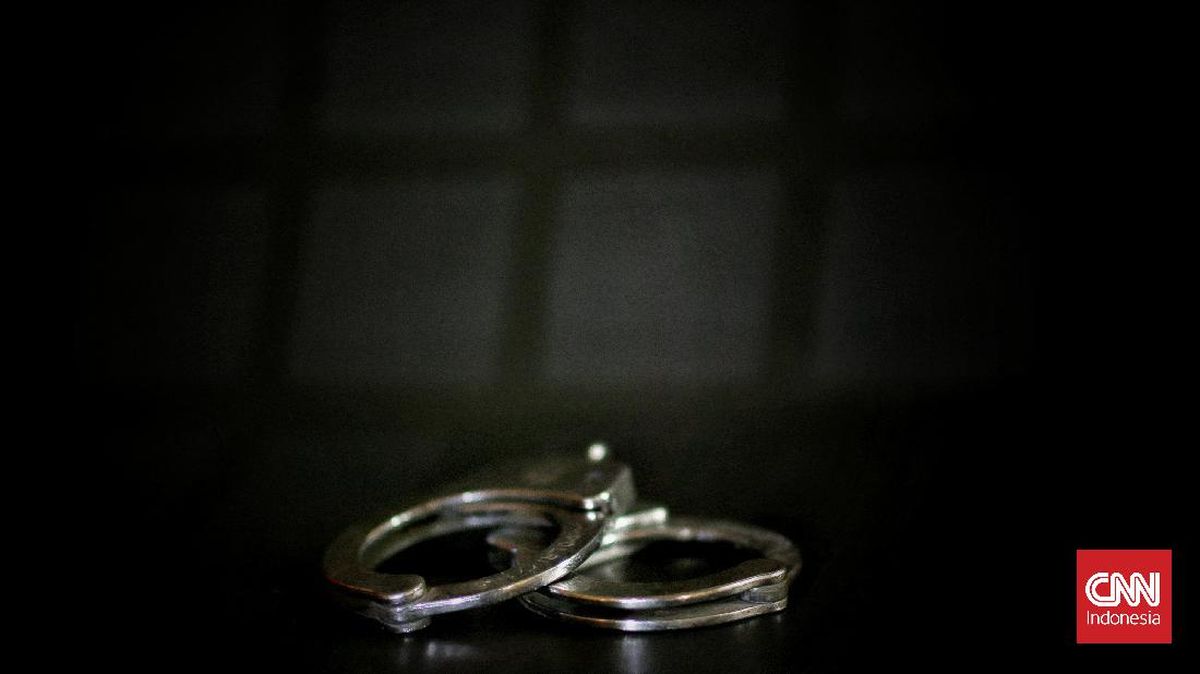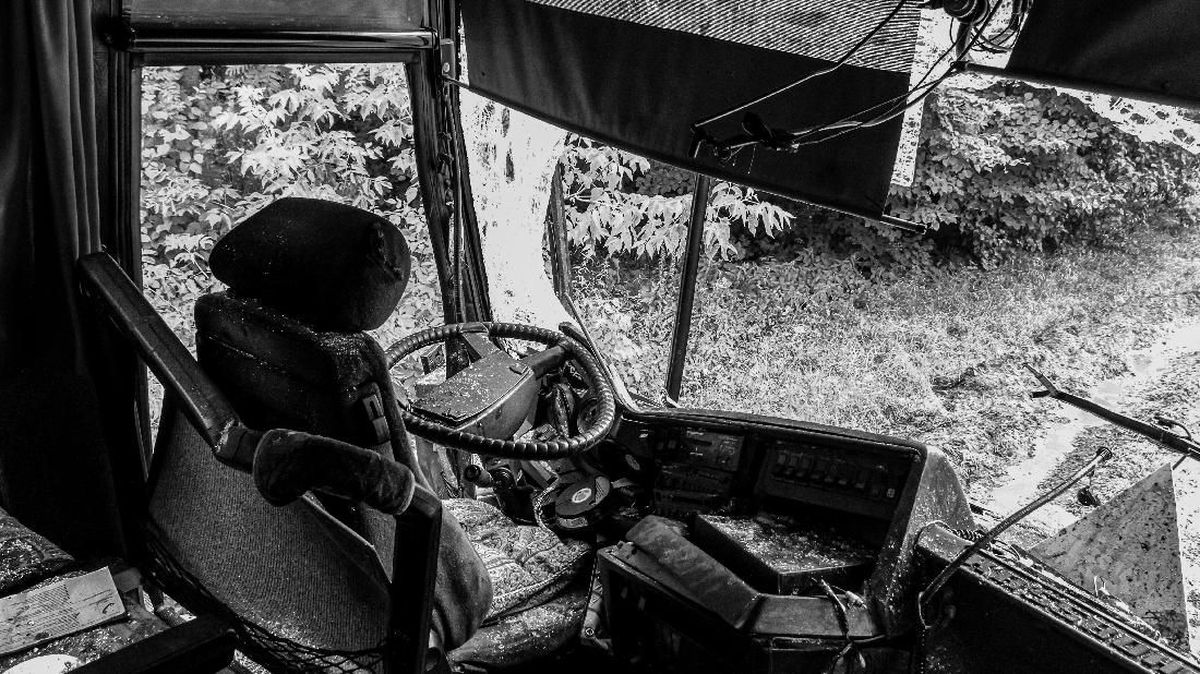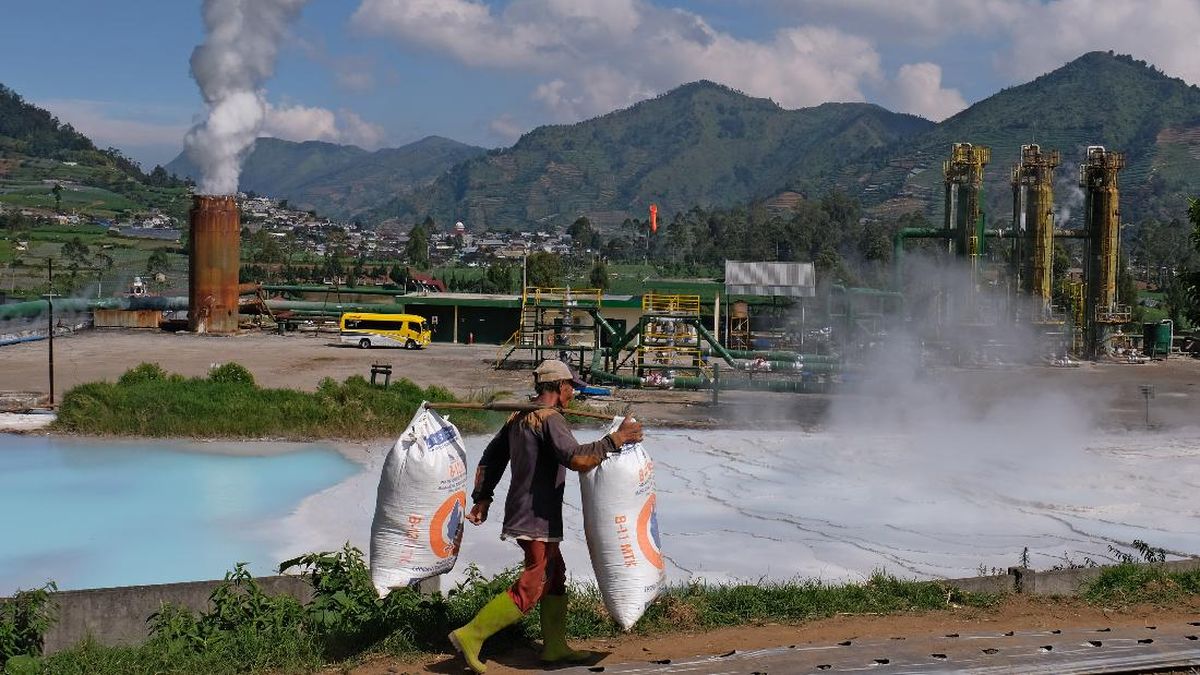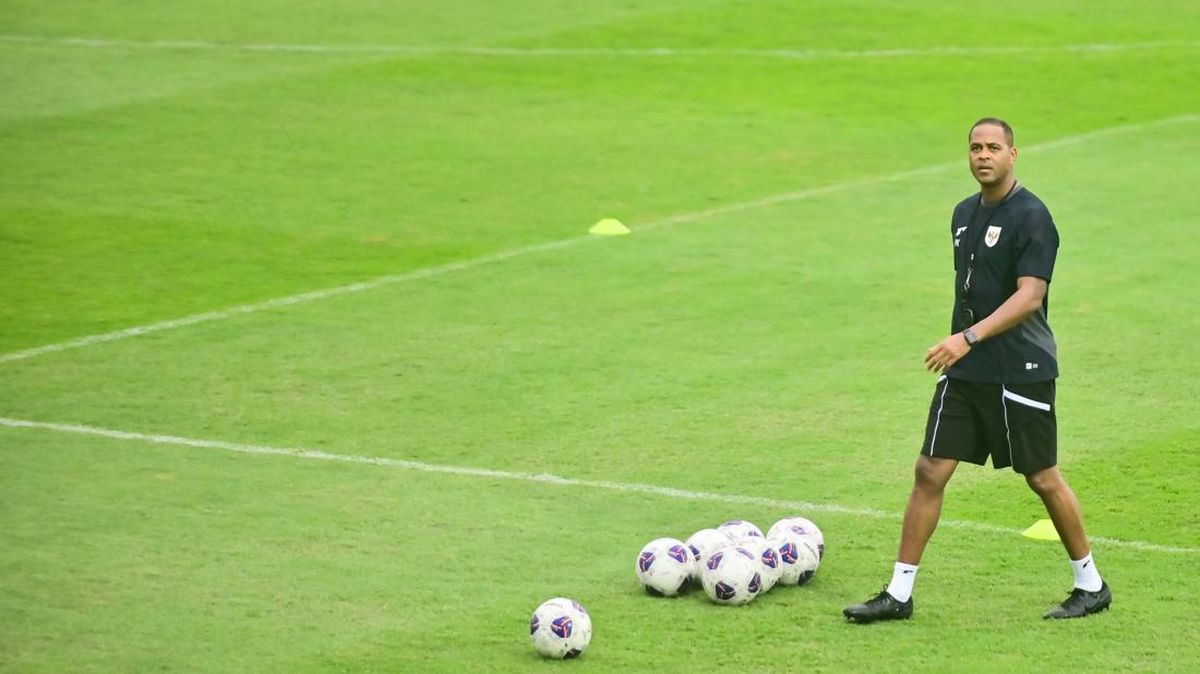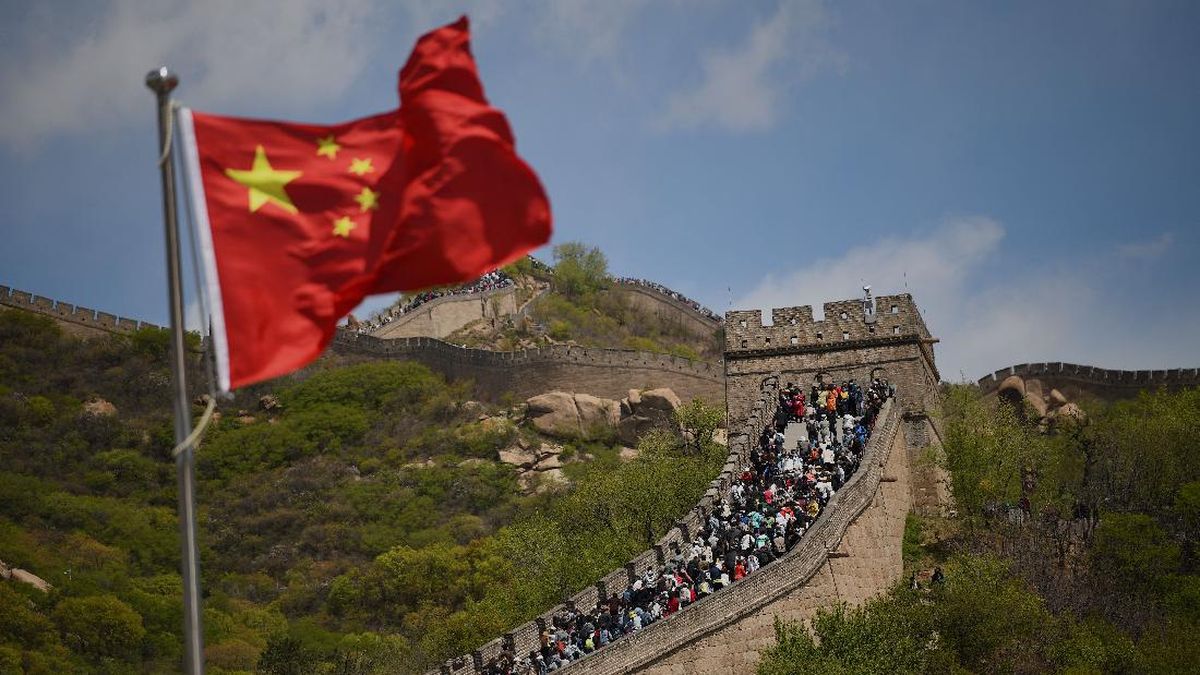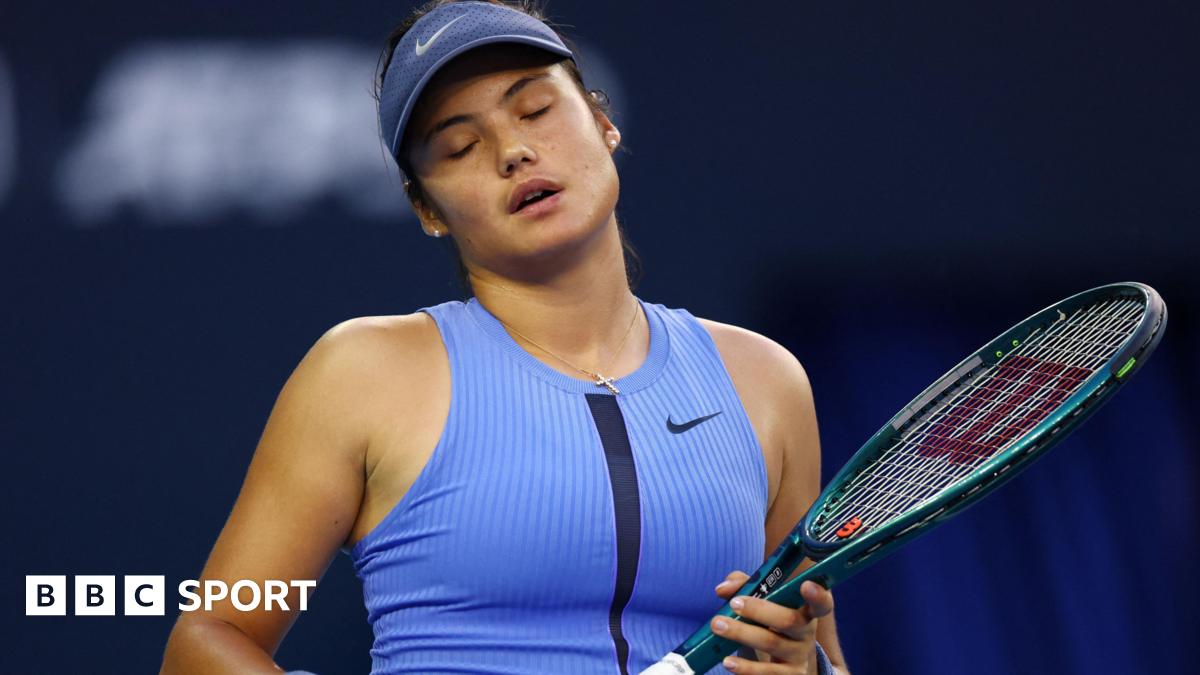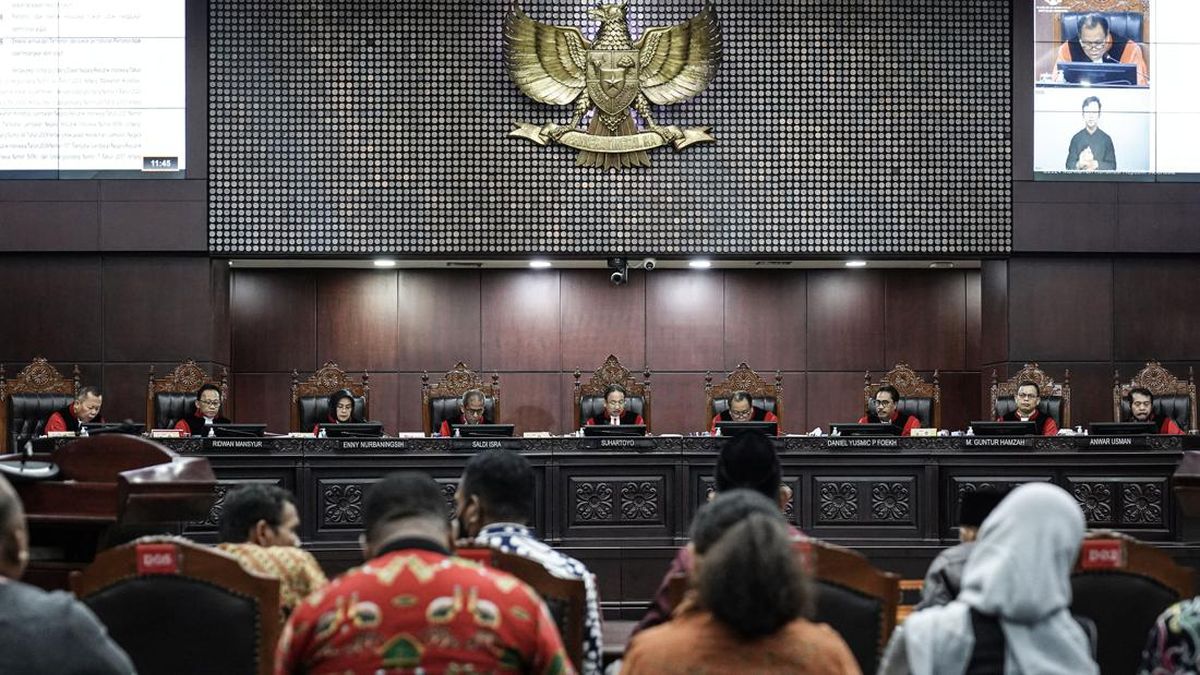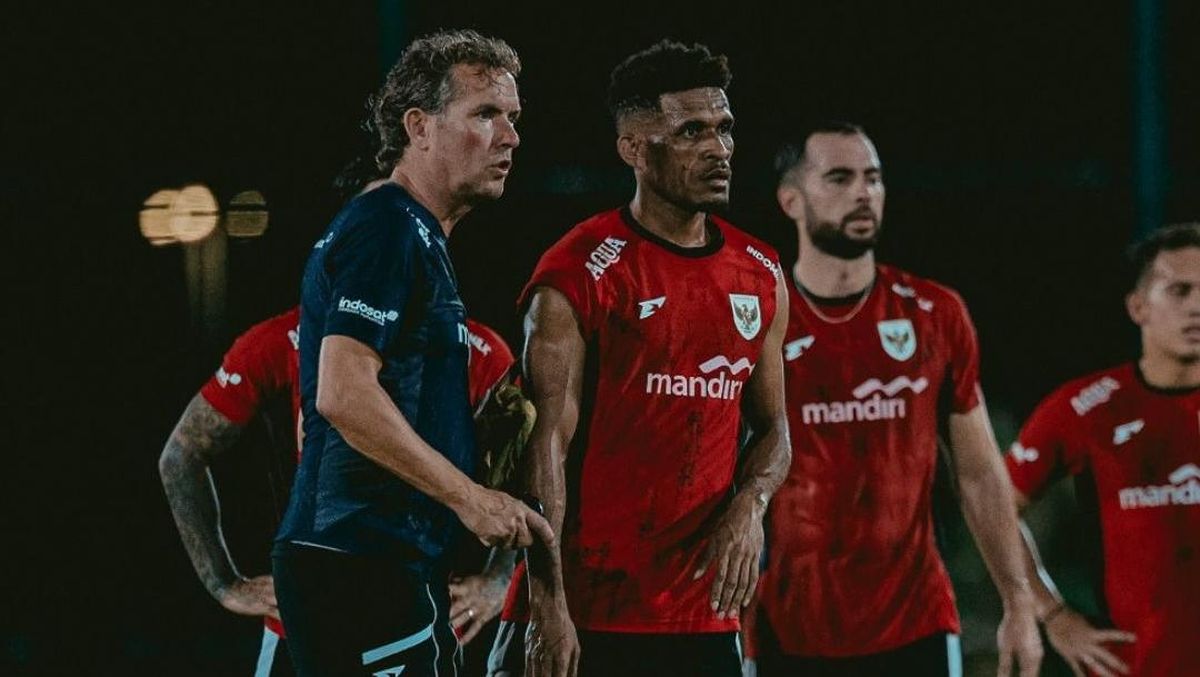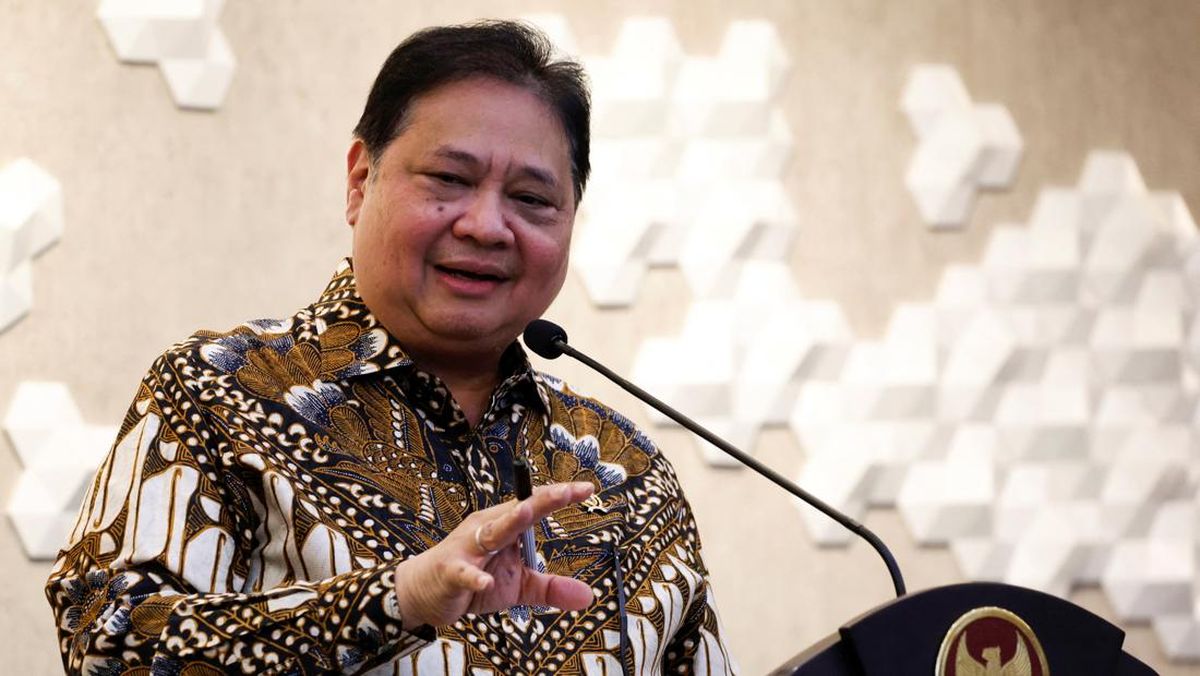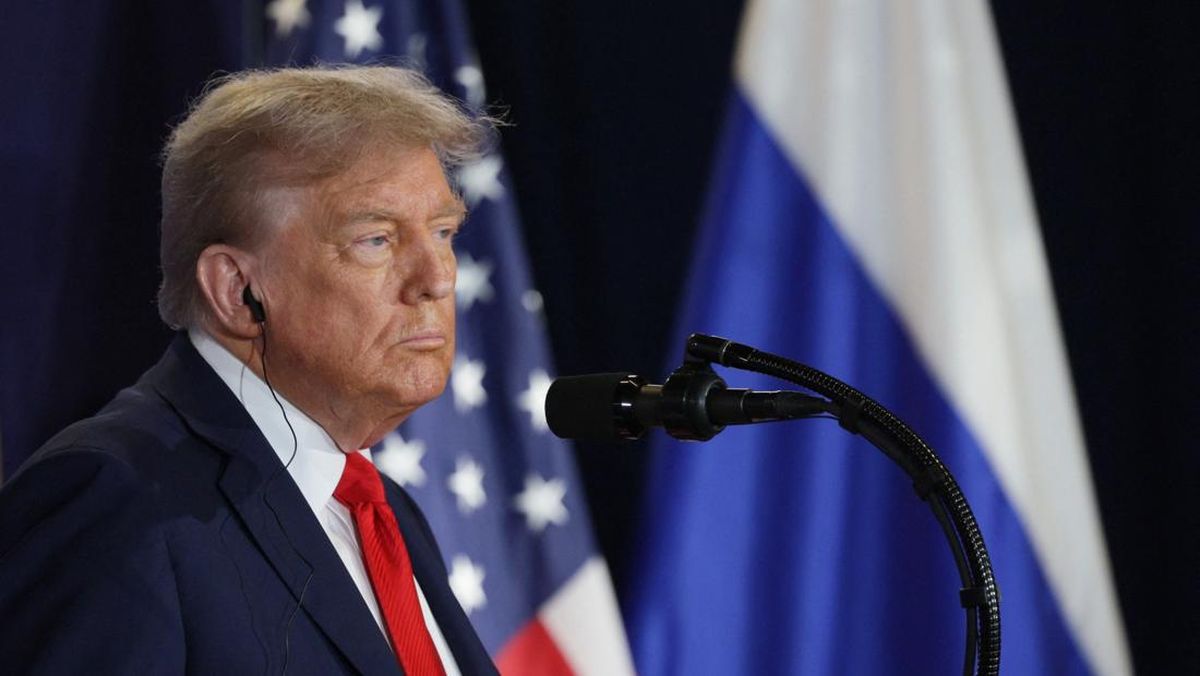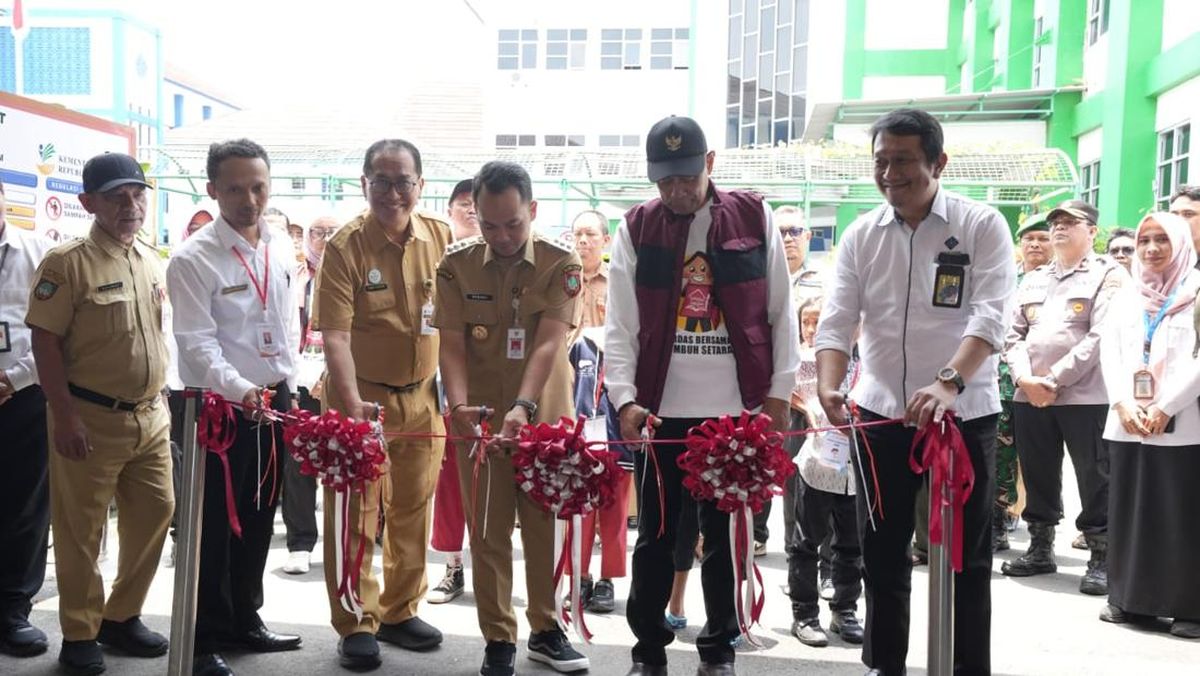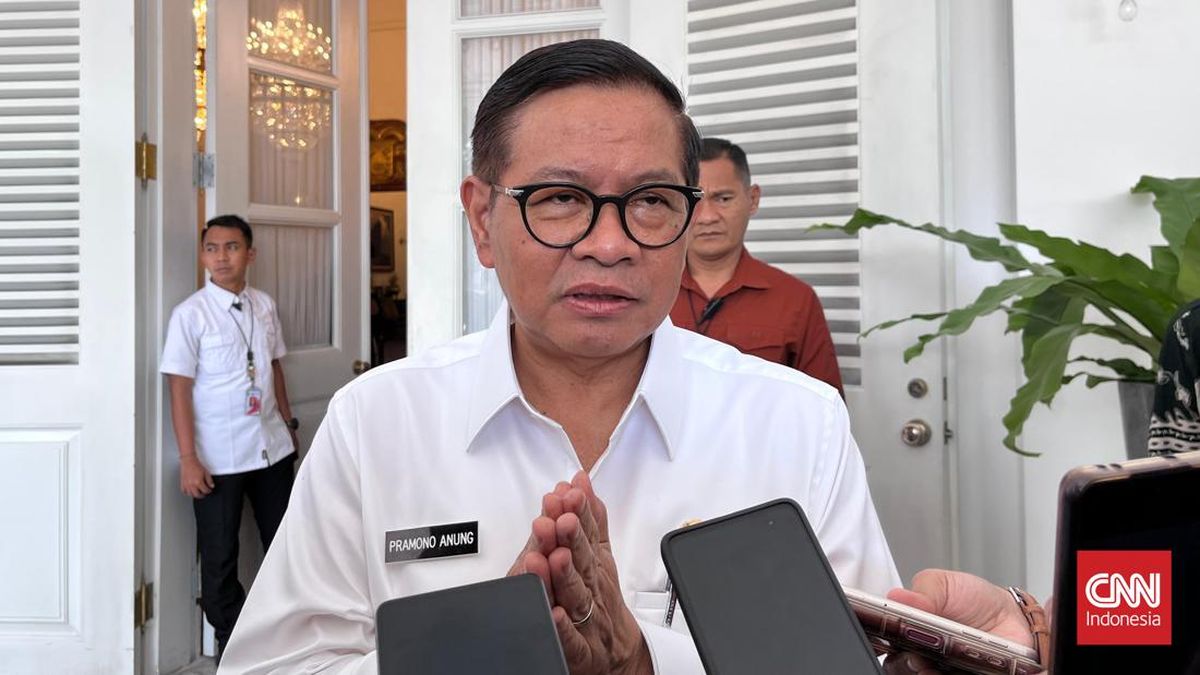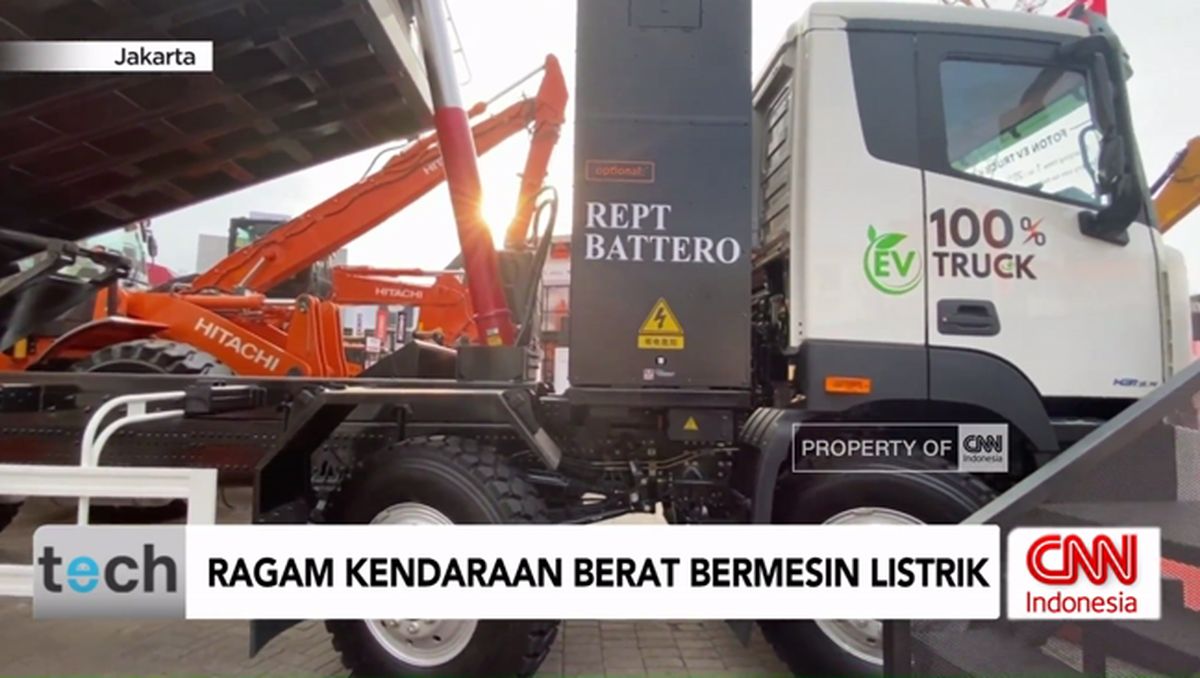European leaders have turned towards Asia in a bid to form a trading bloc to counter US President Donald Trump’s sweeping tariffs, raising hopes in Australia for a deal to boost trade by $106 billion.
Australian business leaders welcomed the plans from European Commission President Ursula von der Leyen for closer ties with Asia, seeing it as a step towards cutting trade barriers on cars, food and investment.

European Commission President Ursula von der Leyen.Credit: nna\KCampbell
The trade agenda is being shaped by concerns in Europe on the economic conflict with the US over tariffs and the military threats from Russia, leading it to seek stronger alliances with like-minded nations.
In a clear overture to Asia, the EU president has declared her interest in opening Europe to one of the world’s largest trade blocs, known as the Comprehensive and Progressive Agreement for Trans-Pacific Partnership (CPTPP), which includes Australia, as well as Japan, South Korea and Canada.
Australian leaders, speaking during a delegation to Europe, said the EU was looking for “fellow travellers” to shore up its security.
“There is now something of an imperative for this,” said Duncan Lewis, the former Australian ambassador to NATO, former head of ASIO and now the chair of the European Australia Business Council (EABC).

Former ASIO chief Duncan Lewis says Trump’s tariffs have created “destabilisation”.Credit: Alex Ellinghausen
“We do need to move together and operate together with the EU so that commerce can move freely, investment can move more freely, and produce such as agricultural goods can move more freely.
“But all of that is, of course, underpinned by this fact that Europe now feels threatened.”
The Australian business mission spent 10 days speaking to officials, politicians and business leaders in France, Germany, Austria, Poland and the UK. It included members from the mining, farming, education and financial services sectors.
Loading
The Australian trade talks with Europe were revived this year after a long impasse over farm exports, including a refusal by EU officials to open their market to grain-fed beef.
German car makers are hoping the renewed talks will wipe away the current 5 per cent tariffs on their vehicles, putting them at a disadvantage to tariff-free brands from Asia – but European farmers are resisting Australian exports.
Australia has a $106.2 billion trading relationship with the EU, selling $25.5 billion in goods and services in 2023 and buying $80.7 billion in goods and services from the European bloc in 2023, according to federal government figures.
“No one is getting anything from the fact that there is no deal done – there is a huge amount of missed opportunity,” EABC chief executive Jason Collins said
“So it’s a political issue that has to be solved and done urgently.”
Trade Minister Don Farrell has held talks with his EU counterpart, but is seeking more access for Australian farm exports, making it clear he will not accept the limited offer the EU put on the table three years ago.
Prime Minister Anthony Albanese has also warned against European arguments that an Australian prosecco should not use that name because it is a geographic indicator of the Italian region of Veneto – a sticking point with feta cheese and Parma ham as well.
Lewis, speaking after the group held meetings at the House of Lords in London on Tuesday, said the American trade agenda had been a factor in shifting European attitudes, but said it was not about isolating Trump.
Loading
“Are the democracies of the world going to prevail in a world where the global rules are being challenged, if not already changed?” he said.
“I think there is a sense of oneness, if you like, which is inclusive of the United States.
“But certainly, there’s been some destabilisation with tariffs.”
Von der Leyen proposed a defence partnership with Australia at a meeting with Albanese in Rome in May, and the two leaders advanced this idea at a meeting at the G7 summit in Canada last month.
Loading
Rather than a military alliance, the partnership aims to follow similar EU agreements with Japan and South Korea to share technology and possibly open up procurement to Australian suppliers.
In parallel, the EU president has challenged the protectionists within the economic union by raising the idea of linking up with the CPTPP.
Von der Leyen has used several talks with Asia-Pacific leaders to suggest closer cooperation with the trade bloc, raising this directly with Singapore and New Zealand, according to formal readouts of her meetings.
She went further in recent days, according to news site Politico, by suggesting that EU member states could “join forces” on trade with CPTPP members.
While Trump opposed the trade alliance, the group now has a dozen member states with about 14 per cent of the world’s economic output. The UK joined the group in December. Australia chairs the CPTPP this year.
Get a note directly from our foreign correspondents on what’s making headlines around the world. Sign up for our weekly What in the World newsletter.
Most Viewed in World
Loading

